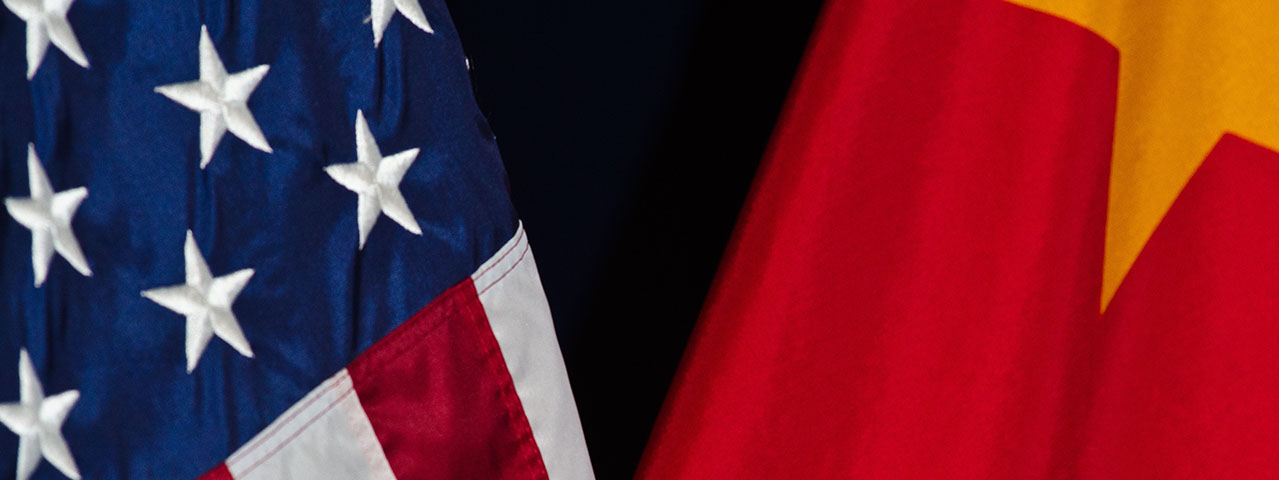“The purpose of planning policy is to fuse thought with action.” Zbigniew Brzezinski
Carnegie-Maxwell Policy Planning Lab

The Experience
The Public Policy Lab (PPL) is a six-month-long program for emerging leaders in foreign affairs. Over the course of the lab program, participants will participate in two weekend-long, in-person workshops in which they will tackle a policy planning challenge in a foresight and planning exercise.
During the workshops, the team will analyze contemporary regional and functional issues, identify policy gaps and faults, and plan and formulate policy to address these issues. During the workshop, participants will cultivate relationships with academic issue experts, faculty and peers that will last throughout their careers.
Between the two in-person workshops, participants will complete an online seminar focused on developing the management and leadership skills they will need as they move into the higher echelons of U.S. policy formulation. Participants will learn how to build a team, develop a vision for their team, provide constructive feedback to team members, negotiate in an interagency setting and manage “hot moments.”
The Theme
The theme for the second annual Carnegie-Maxwell Policy Planning Lab is “Stress Over the Straits: Sino-American Relations in an Era of Great Power Competition.” The first session takes place in June 2025 in Washington, D.C., and the second session will be held at the University’s Minnowbrook Lodge in the Adirondacks from Aug.15-18, 2025.
Since 1979, a delicate balance of understanding has existed between the United States and the People’s Republic of China about the state of Taiwan and the rule of law in the Asia-Pacific region. But over the last two decades the rule of international maritime law specifically, and international law generally, has been eroded.
The delicate balance of understanding between Beijing and Washington is precarious at best. Increasingly, China challenges settled norms and laws in its near abroad and supports blatant violations of the rule of law by states such as Russia and North Korea. Meanwhile, the Chinese economy has become inextricably bound with that of the United States, making the two states “frenemies”.
As the Asian Century looms on the horizon, the United States has struggled to strike the right posture. President Obama’s much vaunted pivot to Asia stalled out and under the administration of President Trump the relationship went from antipathy to enmity. The Biden White House tried to cool the hostility and frame the relationship as one of competition not conflict.
But in Washington, the consensus is that China is the so-called “pacing” threat that must be dealt with—resulting in an increasingly hawkish posture. Some, such as Jessica Chen Weiss, have warned that the U.S. and China are sleepwalking into conflict and that the relationship must be rebalanced, but words of caution are seemingly lost to the heat of antipathy towards China.
What posture should the U.S. assume towards China? Is it reasonable for the U.S. to seek to stem China’s rise? Does China seek to change the international order? How might the two powers work to cooperate on mutually pressing issues whilst containing their broader competition? These are a few of the questions that the second Carnegie-Maxwell Policy Planning Lab will cover in 2025.
The Process
Early career foreign policy professionals may apply directly to the program. Alternatively, if you are a senior policymaker familiar with a candidate you believe would benefit from the program, you can nominate an individual to apply. Travel and accommodation for all PPL participants is covered by the project.
To Apply
If you are an emerging leader, send your CV and a one- or two-page cover letter to apply using the form on our website.
Your application will also need one letter of recommendation. Please ask your reference to use the form on our website to submit their letter.
The application deadline is Feb. 3, 2025
To Nominate
If you are a senior leader, we invite you to nominate an emerging leader for participation in the program. Please use the form on our website to submit your nomination.
Questions?
Contact the Carnegie-Maxwell Policy Planning Lab director, Michael J. Williams at mjwill14@syr.edu.

“We hope that our Bridging the Gap program provides an exemplar for leaders, organizations and grantmakers in fields beyond international relations as they work to advance institutional change and introduce policy-relevant ideas, reforms and research to help solve problems across disciplines and around the world.”
Stephen Del Rosso
Senior Program Director, International Peace and Security, Carnegie Corporation of New York
Carnegie's Bridging the Gap Project
Bridging the Gap Funded Programs
- Henry A. Kissinger Center for Global Affairs, School of Advanced International Studies at Johns Hopkins University
- Teaching, Research and International Policy Research Lab, Global Research Institute, William and Mary